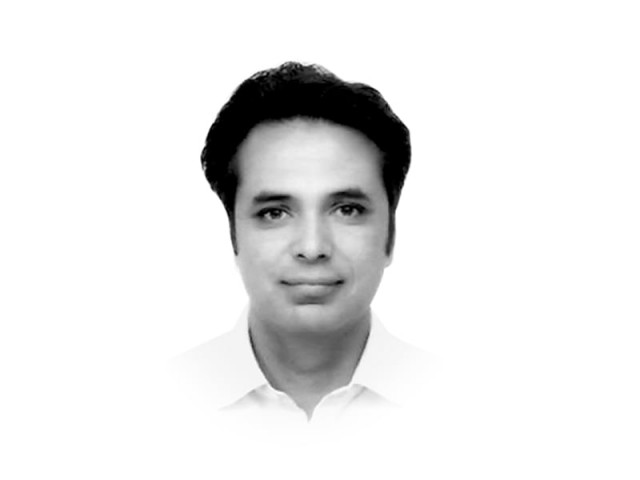Journalism under pressure
Increasing demands from groups wanting media space, threatens journalists’ judicious editorial judgment, credibility.

Groups fighting the state in Balochistan top the list. They find the media space given to their demands as too little and want more. Militant groups are no less vociferous in pushing their claim for more time and space; those operating out of Fata offer a simple choice to local journalists: print our version or perish. In Karachi as well, there are similar demands on the media. Imran Khan’s party and his supporters are never happy with media coverage and are always petitioning for more. They get their dander up when told that their leader gets more media space than all other party-heads combined.
State institutions have similar leanings. They want to see issues of their choice highlighted in the manner they think is appropriate. The recent Siachen tragedy brought out deep-seated complaints against the media from state institutions. The outcry was witnessed in the shape of SMSs that started to circulate around suggesting that the media was wasting national time on trivia and should instead focus on the agony of the families whose loved ones were trapped.
Anecdotal evidence is poor basis for empirical analysis but at times it helps to capture reality. As these lines are being written, my BlackBerry firewall that blocks incoming messages other than those from known contacts has a mind-boggling number: 2,053 in 48 hours. The calls that came on my personal cell run into the hundreds. The message is the same: if you do not write about our plight or discuss our agitation you are working for the Sipah-e-Sahaba or the Lashkar-e-Jhangvi. Other journalists and media persons have faced a similar situation.
There are dozens of others who want to grab the media by the neck and drag them to what they believe is the best editorial choice for a comment or a shining topic for a report. Those who do this include Sindhi and Hazara nationalists, laid-off workers, CNG organisations, traders, missing persons’ families, terrorism affectees, loadshedding victims, teachers, students, clerks, farmers, rape victims, members of the Hindu community protesting forced marriages, religious bodies vowing to protect these recent converts to Islam, Ahmadis, and of course Americans, NGOs, governments, courts and almost all political parties that are now positioning themselves for the upcoming elections.
This is beginning to have a deep, and in many ways devastating, impact on values of objectivity and neutrality that the mainstream media must maintain in order to preserve its professionalism. It is hard to tell whether our editorial judgment is really our own or dictated by someone who is peddling a line so aggressively (or threateningly) that to avoid it becomes next to impossible.
There is evidence to suggest that threatened by powerful groups and unprotected by state institutions and their employers, journalists are forced to pick sides for their safety. It is hard to document this quiet compromise but it is impossible to miss it from the tone and tenor and editorial line of reporting and analysis. Parochial identifiers (Shia-Sunni, Pathan-Muhajir) and political affiliations are becoming the calling card of practicing journalists rather than an adherence to the cardinal principle that there can and must be two sides to a story. The space for hard-nosed factual narratives has shrunk. Analysts either make enemies or friends, but seldom make arguments based on merit.
Why is journalism coming under so much pressure? What does it mean for the national debate? These and other questions will be addressed next week.
Published in The Express Tribune, April 15th, 2012.













COMMENTS
Comments are moderated and generally will be posted if they are on-topic and not abusive.
For more information, please see our Comments FAQ